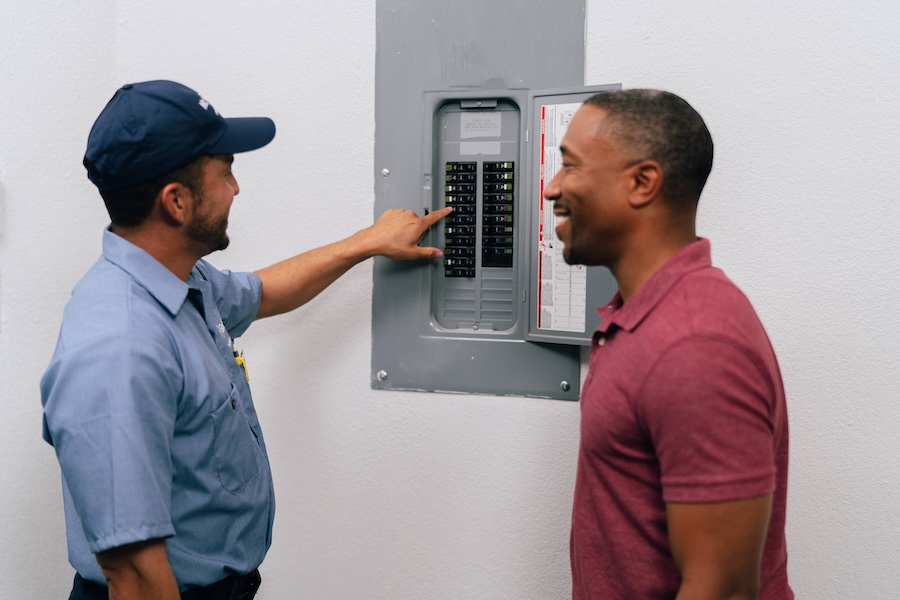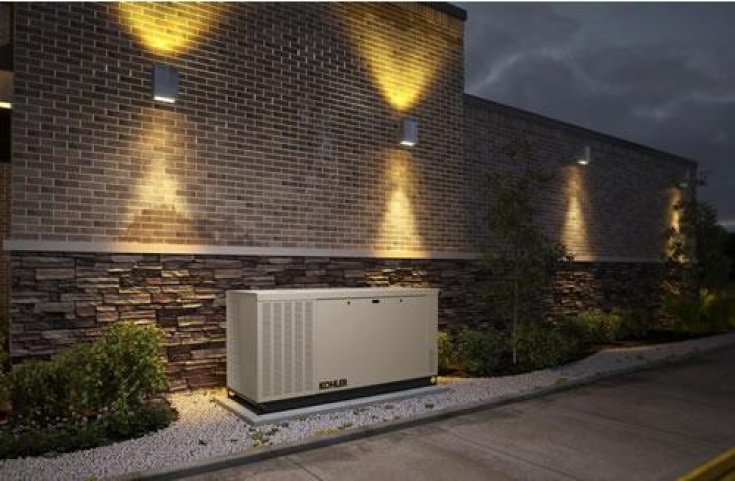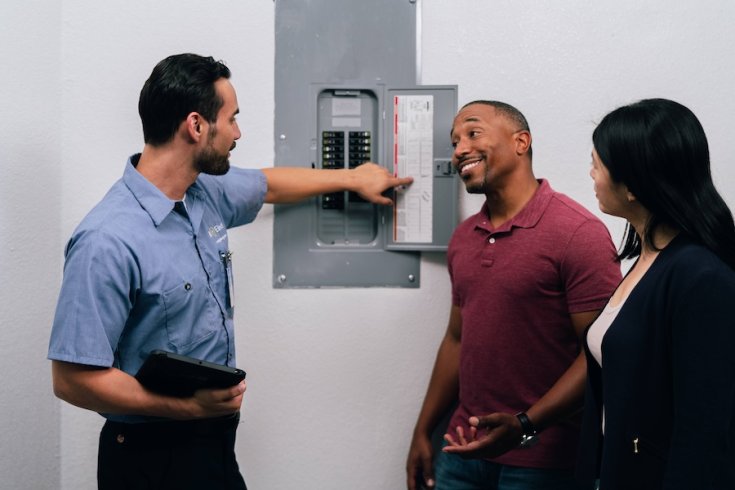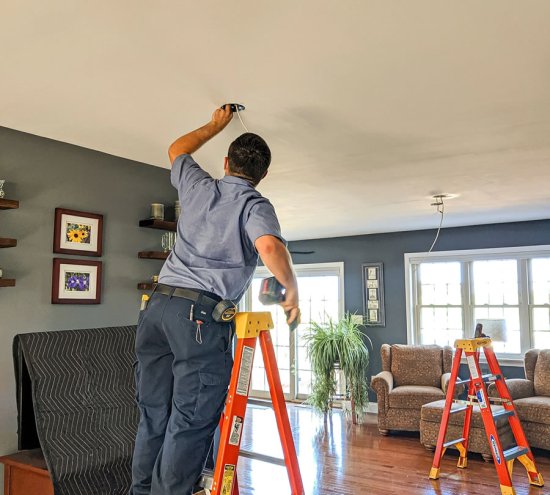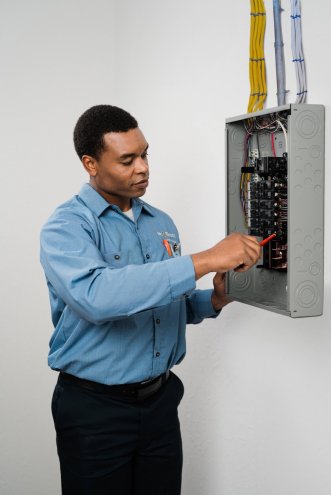Think of your electrical panel as the command center of your home’s entire electrical system. It’s the “brain” that decides where power goes, how much can be delivered, and how to keep everything running safely. Unlike the human brain, though, an electrical panel can be upgraded.
The question is: when does your panel actually need replacement versus a simpler fix?
To be clear, this is something to have a certified electrician determine. When examining an aging or malfunctioning panel, they follow a detailed and methodical process to decide whether you need a full replacement or whether an electrical panel repair is sufficient.
In this brief article brought to you by Mr. Electric, we shed light on what exactly an electrician looks for before recommending an upgrade or repair. If you’d rather consult an electrician in Draper, UT or request urgent assistance, then contact Mr. Electric today.
First, a Visual Inspection
When an electrician comes out to inspect the electrical panel, they start with what they can see. Physical damage tells an immediate story. Scorch marks, melted plastic, discolored breakers, or burned insulation aren't cosmetic issues; they're evidence of dangerous electrical conditions that could cause fires.
Rust or corrosion inside the panel tells another tale. It’s often a telltale sign that moisture has gotten into the unit. It should go without saying that electricity and moisture makes for a deadly combination.
Finally, there is physical damage. from impacts, modifications, or age-related deterioration. Cracked housing, broken breaker clips, or damaged bus bars will all be noted.
Testing the Panel's Electrical Performance
You can’t judge a book by its cover. The real diagnostic work involves electrical testing using specialized equipment. Here, the electrician measures voltage levels, checks for proper grounding, tests breaker functionality, and evaluates overall system performance:
- Significant voltage fluctuations, unusually high or low readings, or inconsistent power distribution indicate internal problems.
- Grounding checks confirm that your electrical system has proper pathways to safely dissipate excess electricity. Faulty grounding creates shock hazards and fire risks.
- Breaker testing determines if individual circuit breakers trip at appropriate thresholds. If breakers don't trip when they should or trip too easily under normal loads, then your panel isn't protecting your home properly.
Capacity Evaluation: Is Your Panel Big Enough?
Next, the electrician thinks ahead. Most modern homes need 200-amp service, but many older homes have 100-amp or even 60-amp panels that can't handle today's electrical loads.
The electrician will evaluate your current and anticipated electrical needs by calculating the total amperage your home requires based on square footage, major appliances, HVAC systems, electric vehicle chargers, and other equipment.
Undersized panels can't simply be "fixed." If you need 200-amp service and have a 100-amp panel, then a replacement is the only solution. Granted, adding a subpanel can be sufficient if capacity is adequate but breaker space is lacking.
Age and Type Considerations
Electrical panels typically last 25-40 years, but their technology often becomes outdated long before they physically fail. An electrician considers both the panel's actual age and its technological generation.
For instance, certain panel brands manufactured decades ago have known safety defects. Even panels without known defects may be so outdated that finding replacement parts becomes impossible.
When Repair Makes Sense
Given everything above, many panel issues don't demand a complete replacement. Oftentimes, an electrical repair service can have you back on schedule. This might involve:
- Replacing individual faulty breakers,
- Tightening loose connections that cause arcing,
- Cleaning corrosion from limited areas,
- Upgrading specific components while keeping the main panel, and/or
- Adding GFCI or AFCI breakers where required
Still have questions or concerns? Contact Mr. Electric to get in touch with a knowledgeable member of our team. We are on standby to take your call or message today.


